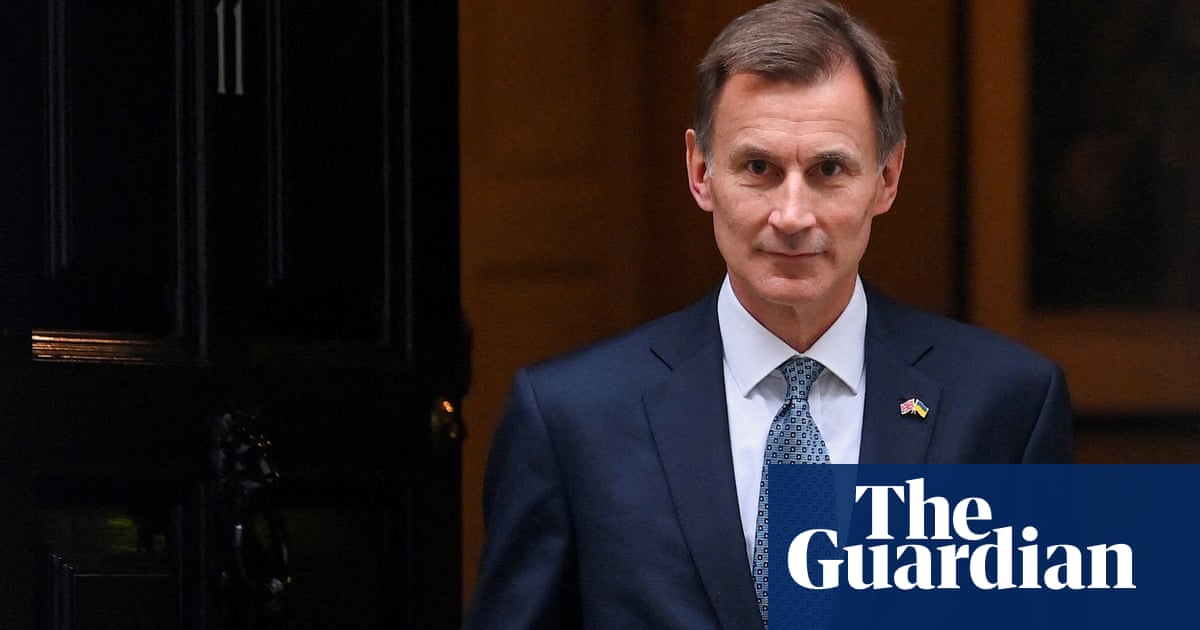
The Conservative MP Sir Edward Leigh earlier this month tweeted a picture of him and his colleagues Christopher Chope and Ian Liddell-Grainger – all of them ERG members who drove the Brexit agenda – standing beside Hungary’s far-right prime minister, Viktor Orbán, at a gathering in Budapest. The tweet celebrated the trio “learning about his country’s effective ways of combating illegal migration”.
Their presence in Budapest, for a conference of parliamentarians from allied hard-right political parties across Europe, could easily be dismissed as fluff. But the spectacle highlights both troubling connections between Britain and Hungary’s governing parties and the wishful thinking of UK Conservatives looking to Orbán‘s Fidesz party for inspiration.
According to the Budapest-based journalist Dan Nolan, since 2010 Fidesz has “spent considerable time and energy – not to mention tens of millions of euros – on strengthening ties with the Conservative party”. Connecting points are multifarious, but most obvious is the Danube Institute, which has received funding from the Hungarian state and is headed by John O’Sullivan – a one-time speechwriter for Margaret Thatcher.
The Danube Institute’s official partners, listed on its website, include the London-based centre-right thinktanks the Centre for Policy Studies and Policy Exchange. Both enjoy privileged access to the present UK government and considerable influence on its policy formulation.
At a Danube Institute event in December 2019, Boris Johnson’s aide Tim Montgomerie opined that Hungary displayed “interesting early thinking” on “the limits of liberalism” and that Johnson’s administration, just returned to office, would be looking to make “very significant investment” in relationships with governments such as Orbán’s.
Today, Freedom House defines Hungary as a “hybrid regime”, with a combination of authoritarian and democratic features – the first in the EU. At the time of Montgomerie’s remarks, Hungary had already experienced nine years of increasingly authoritarian rule, including the purging of independent judges, shuttering of dissenting newspapers and elections declared “free but not fair” by observers from the Organization for Security and Co-operation in Europe. Corruption indices had already placed it among the worst performers in Europe in terms of misuse of public funds.
Fidesz’s apparent influence on Tory strategy is clear for those with the eyes to see, and extends beyond Johnson’s premiership and into Rishi Sunak’s. The signature convergence feature is the inflaming of culture-war topics, either by politicians or media proxies, to distract from bad governance.
In Hungary, Orbán’s intervention on LGBTQ+ issues, George Soros or abortion tend to coincide with controversial moves such as awarding public money to close allies or undermining judicial autonomy. One acts as cover for the other. In a similar way, British arguments over flags and gender identity divert attention from crumbling public services, the cost of living crisis, or the latest in a string of government scandals.
The tone of GB News’s coverage of people crossing the Channel in small boats sometimes recalls the Fidesz media’s reporting of 2015’s migration crisis. Britain’s illegal migration bill seeks to prevent irregular arrivals claiming asylum – as Hungary has since 2020.
Lately, Tory borrowing from Orbán’s playbook has extended to charging for press accreditation for key events to critical media and considering imposing price controls on foodstuffs to tackle inflation – trialled in Hungary since 2022. Extensive use of “Henry VIII powers” that allow the government to legislate without parliamentary scrutiny have uneasy parallels with Orbán’s abuse of “rule by decree” powers conferred in the Covid emergency and in use ever since.
Differing historical contexts mean centuries-old institutions of pluralist democracy cannot be fully undone in Britain as in Hungary. Influential figures in the Tory ecosystem seem, nonetheless, to have observed Orbán’s electoral success and entrenchment of power and taken selective photocopies from the operator’s manual.
But British Conservatives, lovers of a small state and national sovereignty, seeking to imitate Orbán should heed warnings from Hungarian conservatives once wooed by him, and now bitterly disappointed.
Péter Ákos Bod, the governor of Hungary’s Central Bank in the 1990s, was trusted sufficiently by Orbán to be nominated by him in 2006 as a compromise candidate for prime minister in negotiations with other centre-right parties. Today he is scathing. “As an economist, I can’t see any fiscal conservatism on Orbán’s part: he has never had a balanced budget,” he tells me.
Further, Orbán “delights in nationalising sectors (eg pensions and banking)”. Disturbingly, in 2014, expropriated pension revenues were used to plug fiscal gaps – without a repayment strategy – while Orbán later passed several of the renationalised banks over to close allies.
Géza Jeszenszky, Hungary’s foreign minister from 1990 to 1994 and later Orbán’s ambassador to Norway and Iceland, dismisses claims that the prime minister “puts Hungary’s interests first” by defending its sovereignty against Brussels overreach. “Orbán goes a long way in serving Russian (and Chinese) interests in preference to Hungary’s,” Jeszenszky tells me. Indeed, “Orbán’s hardly disguised support of Putin’s aggression in Ukraine” places “Hungary in total political isolation – that runs against genuine national interests and sovereignty”.
Jeszenszky despairs of naive British conservatives taking Orbán as a model because they fail to grasp basic realities about Hungary. As someone with a foot in both countries I worry about the long-range corrosive effect such adulation may have on Britain’s political culture and the harm enduring networks of crony capitalism are doing to public services in both places.
With Labour firmly ahead in the polls and looking set to win the next general election, it would seem that any further Tory borrowing from Fidesz will, at best, mitigate the scale of the party’s looming defeat. Those inclined to make use of it should reflect that they will do so at the cost of historical credibility.
Alex Faludy is an Anglo-Hungarian freelance journalist based in Budapest












